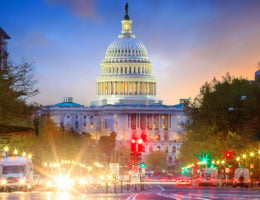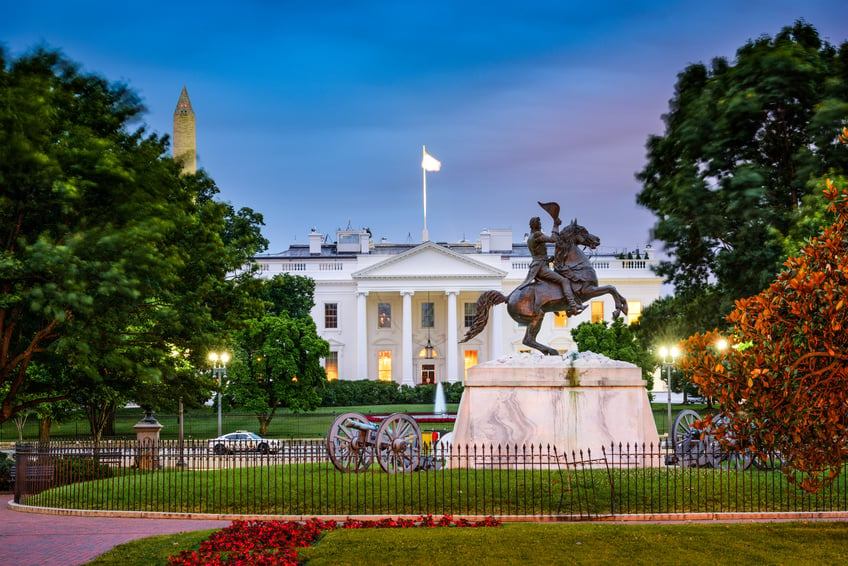Our first episode provides an overview of the series and focuses on the latest triggers for disruption, and the importance of a multidisciplinary approach to supply chain management.
In December 2021, the US Department of Treasury’s Office of Foreign Assets Control (“OFAC”) issued four General Licenses (“GLs”) (GLs 16, 17, 18, and 19), published seven new Frequently Asked Questions (“FAQs”) (FAQs 949, 950, 951, 952, 953, 954, and 955), and amended three FAQs (FAQs 929, 930, and 931), which address primarily authorized humanitarian activities related to Afghanistan OFAC also issued a Fact Sheet titled “Provision of Humanitarian Assistance to Afghanistan and Support for the Afghan People” to provide further guidance on the scope of US sanctions and authorized humanitarian activities in relation to Afghanistan. Key points are summarized below.
The compromise version of the Uyghur Forced Labor Prevention Act (HR 6256) was recently passed by both chambers of Congress, and the legislation is now cleared for President Biden’s signature. It is expected that President Biden will sign the legislation into law soon. With strong bipartisan support, earlier versions of this legislation had passed the US House and Senate in the preceding months, and lawmakers reached an agreement that merged versions from each chamber.
In November 2021, the State Department’s Directorate of Defense Trade Controls (“DDTC”) issued new and updated FAQs on violations, disclosures, debarments, rescissions, and reinstatements under the International Traffic in Arms Regulations. The FAQs mostly reiterate and further clarify past guidance from DDTC on related matters.
On November 10, 2021, President Biden signed the Reinforcing Nicaragua’s Adherence to Conditions for Electoral Reform Act into law, which calls for increased sanctions against Nicaragua. This followed November 7 elections in Nicaragua that allowed President Daniel Ortega to stay in power for a fourth consecutive term.
We are pleased to invite you to our annual virtual Global Year-End Review of Import/Export/Trade Compliance Developments. Our international trade compliance lawyers from around the world will review the major global legislative, judicial and administrative activities and trends in export controls, trade sanctions, customs compliance, and import requirements which will be 16-18 November 2021.
On September 24, 2021, the US Department of Treasury’s Office of Foreign Assets Control (“OFAC”) issued two General Licenses—(i) General License 14, “Authorizing Humanitarian Activities in Afghanistan” (“GL 14”), and (ii) General License 15, “Transactions Related to the Exportation or Reexportation of Agricultural Commodities, Medicine, Medical Devices, Replacement Parts and Components, or Software Updates in Afghanistan” (“GL 15”)—to “support the continued flow of humanitarian assistance to the people of Afghanistan and other activities that support basic human needs in Afghanistan.”
In recent weeks, the US Government has imposed a series of additional sanctions against Russia consisting of additional measures focused on the energy pipeline sector, as well as further measures in response to the alleged poisoning of Alexy Navalny. This latest escalation of sanctions against Russia builds upon the April 2021 sanctions imposed pursuant to Executive Order 14024, “Blocking Property With Respect to Specified Harmful Foreign Activities of the Government of the Russian Federation.”
As a part of its annual Virtual Trade Week series, US Customs and Border Protection issued a list of Frequently Asked Questions on forced labor (“the FAQs”). The FAQs consist of responses to ten questions focused on current issues and latest developments in forced labor enforcement.
On June 8, 2021, the White House published a set of reports on the 100-day interagency reviews (“Reports”) conducted pursuant to Executive Order 14017 (“Supply Chain EO”), which assessed supply chain risks and vulnerabilities for several supply chains, including those relating to semiconductor manufacturing and advanced packaging, and made policy recommendations to address those risks.







